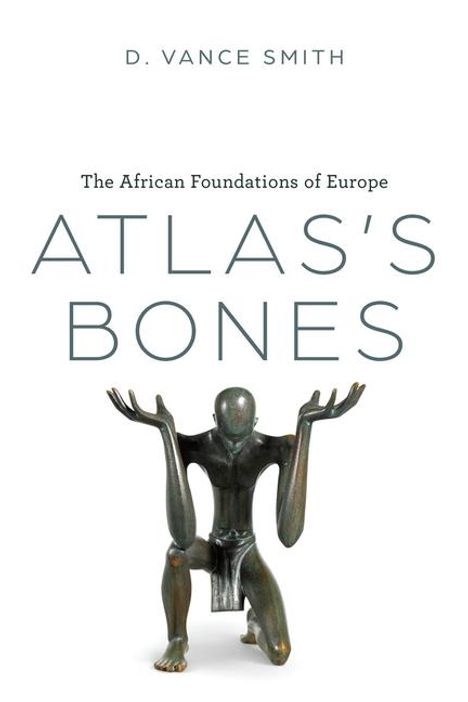D. Vance Smith: Atlas's Bones, Gebunden
Atlas's Bones
- The African Foundations of Europe
- Verlag:
- University of Chicago Pr., 11/2025
- Einband:
- Gebunden
- Sprache:
- Englisch
- ISBN-13:
- 9780226830308
- Artikelnummer:
- 12213880
- Umfang:
- 432 Seiten
- Gewicht:
- 454 g
- Maße:
- 236 x 159 mm
- Stärke:
- 29 mm
- Erscheinungstermin:
- 28.11.2025
- Hinweis
-
Achtung: Artikel ist nicht in deutscher Sprache!
Klappentext
"A major new look at Africa's influence on European culture and how colonization remade Africa in the image of a medieval Europe. Virgil. Chaucer. Petrarch. These names resonate with many as cornerstones of European culture. Yet, in Atlas's Bones, D. Vance Smith reveals that much of what is claimed as European culture up to the Middle Ages-its great themes in literature, its sources in political thought, its religious beliefs-originated in the writings of African thinkers like Augustine, Fulgentius, and Martianus Capella, or Europeans who thought extensively about Africa. In fact, a third of Virgil's Aeneid takes place in Africa. Francis Petrarch believed his most important achievement was his epic Africa; while Geoffrey Chaucer wrote repeatedly about the figures of Scipio Africanus, actually two different men who defeated and destroyed Carthage. Smith tells the story of how Europe created a false "medieval" version of Africa to acquire resources and power during the era of imperialism and colonialism. The first half of the book, "Reading Africa," traces Egypt's, Libya's, and Carthage's influence on classical and medieval thinking about Africa, highlighting often ignored literary and legendary traditions, for example, that Alexander the Great named himself the son of an African god. The second part, "Writing Africa," focuses on how the different cultures of the two great African cities-Carthage and Alexandria-shaped medieval literary criticism and political theology and examines the cross-influences of modern anthropology, medieval studies, and colonial law. Atlas's Bones firmly re-establishes the significance of Africa in European intellectual history. It will be essential reading for anyone seeking to understand how much of Africa informs our artistic and cultural world"--

